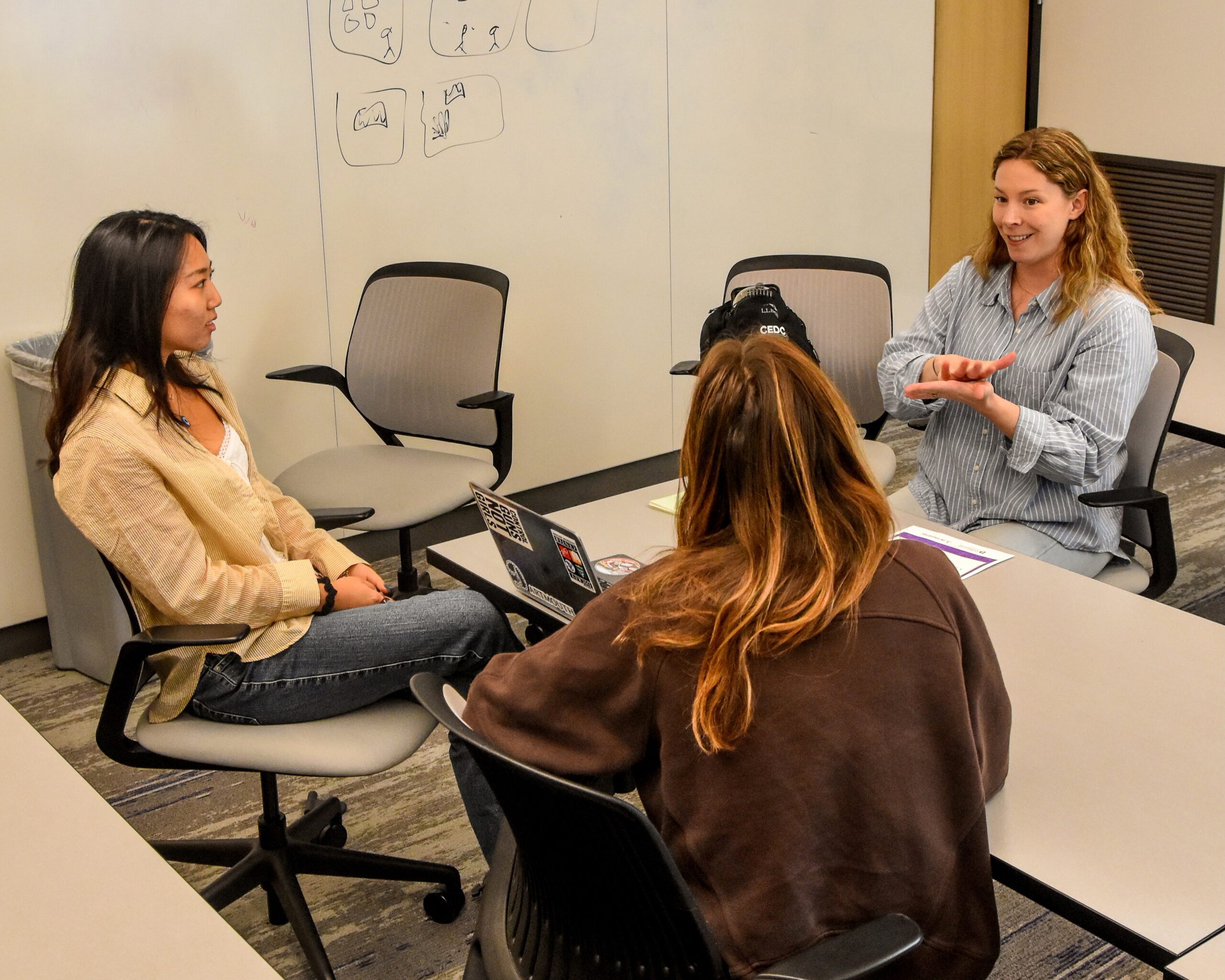From Ideas to Pitches: Startup Weekend Inspires Future Founders
Throughout one weekend in October, 24 ambitious students from diverse backgrounds committed to an immersive experience in launching startups. Hosted by the Magnuson Center, the event immersed participants in a comprehensive crash-course program in entrepreneurship and startup formation.
Nick Chagin of Startup Bug facilitated the workshop, along with Magnuson staff Sarah Morgan and Roy Schmidt. The focus was clear: to teach students the practical steps in entrepreneurship and startup development, emphasizing "learning by doing."
The event attracted students from across departments and years, including many undergraduate first-years and graduate-level students, as well as a few PhD candidates. Despite the allure of a beautiful autumn weekend, the participants remained committed to the intensive schedule, staying from start to finish.
Friday: From Idea to Team Formation
The weekend kicked off on Friday evening with sessions dedicated to ideation and the art of the elevator pitch. After receiving an introduction to startup formation, students were asked to pitch ideas they wanted to work on over the weekend. From these initial presentations, seven teams formed around ideas that showcased the students' creativity and vision.
The teams were then introduced to the lean canvas model, a strategic tool for fleshing out key concepts crucial for early-stage startups. Each team used this model to begin sketching their idea's core value proposition, customer segments, and potential revenue streams.
Saturday: Customer Discovery and Mentor Guidance
Saturday was dedicated to understanding customers' needs and validating assumptions, an essential step for any startup aiming to build something that solves a real problem. Each team engaged in customer discovery, gathering insights from potential users to identify specific pain points their concepts might address.
Afterward, students had the opportunity to meet with six experienced mentors from diverse professional backgrounds. The mentors brought a wealth of expertise, allowing students to explore potential risks, discuss product-market fit, and understand business challenges from multiple perspectives. The mentors included alums and industry professionals:
Barry Schweitzer ’82, Magnuson Center
Kwame Owusu Ansah, Magnuson Center
Cheryl Junker, Technology Transfer Office
Paula Olson, Design Initiative at Dartmouth
Peter Bertone, PhD in Surgical Innovation
Vin Fusca, Executive Director at Black River Innovation Campus in Springfield, VT
These one-on-one mentor sessions were invaluable for the students as they refined their ideas, adjusted their lean canvases, and considered new angles based on expert feedback. The collaborative discussions, facilitated by the mentors' probing questions, spurred new insights and enabled the teams to rethink their approach to the startup challenges.
After a deep dive into prototyping and building minimum viable products (MVPs), each team shared their progress before gathering for a group dinner. This community-building time allowed students to network, exchange thoughts on their startup journey, and gain encouragement from each other.
Sunday: Final Pitches and Feedback from Entrepreneurs
On the final day, the students learned about pitching and how to articulate their startup ideas effectively through story. They spent the morning crafting their pitches, honing their narratives, and practicing their presentations in preparation for the event's highlight—a judging panel that afternoon.
The judging panel included three local entrepreneurs:
Trip Davis '90, Chair & CEO of FreshAir Sensor
Bear Barnes, Entrepreneur
Allie Levy '11, Owner of Still North Books
Each team presented its startup idea to the panel, receiving thoughtful feedback on its potential strengths and challenges. The judges offered guidance on making the ideas investor-ready, identifying competitive advantages, and determining potential next steps for future development.
Innovative Startup Ideas Take Shape
The weekend fostered a dynamic environment where unique ideas were encouraged and actively refined and molded into preliminary business models. The teams worked on a variety of creative projects, including:
RightRipe – An innovative avocado ripeness indicator
Pineapple – A device designed to facilitate new personal connections
Green-Boo – A sustainable alternative to disposable red solo cups
uDrive – Haptics technology aimed at creating lighter batteries for VR equipment
DartWheel – A bike and scooter rental service on campus
HOF Cloth – Portable water filtration technology
Experia – A platform for discovering new experiences and workshops
The projects reflected the participants' wide-ranging interests and highlighted the potential for practical, impactful solutions to modern problems. The blend of technical innovations and creative social concepts showcased the entrepreneurial spirit among students, many of whom were new to the Magnuson Center and the world of entrepreneurship.
Building Connections and Fostering Future Entrepreneurs
While the weekend was intensive, students walked away with a clearer understanding of the startup process and valuable connections to peers, mentors, and Magnuson's broader entrepreneurial network. Many expressed excitement about the chance to continue developing their ideas and possibly bring them to market.
The weekend's success underscored the Magnuson mission to foster entrepreneurship across disciplines and encourage practical learning experiences for students. Hosting events like this startup weekend allows the Magnuson Center to be a catalyst for budding innovators, offering support, mentorship, and community engagement to students at various stages in their entrepreneurial journey.
As the weekend concluded, the teams reflected on their progress and newfound understanding of startup creation. For many, this experience marked the beginning of what they hope will be long and fulfilling journeys as entrepreneurs. The Magnuson Center and its dedicated mentors remain committed to supporting these emerging founders, anticipating future events and programs that will continue to build the skills and resilience essential for successful entrepreneurship.





